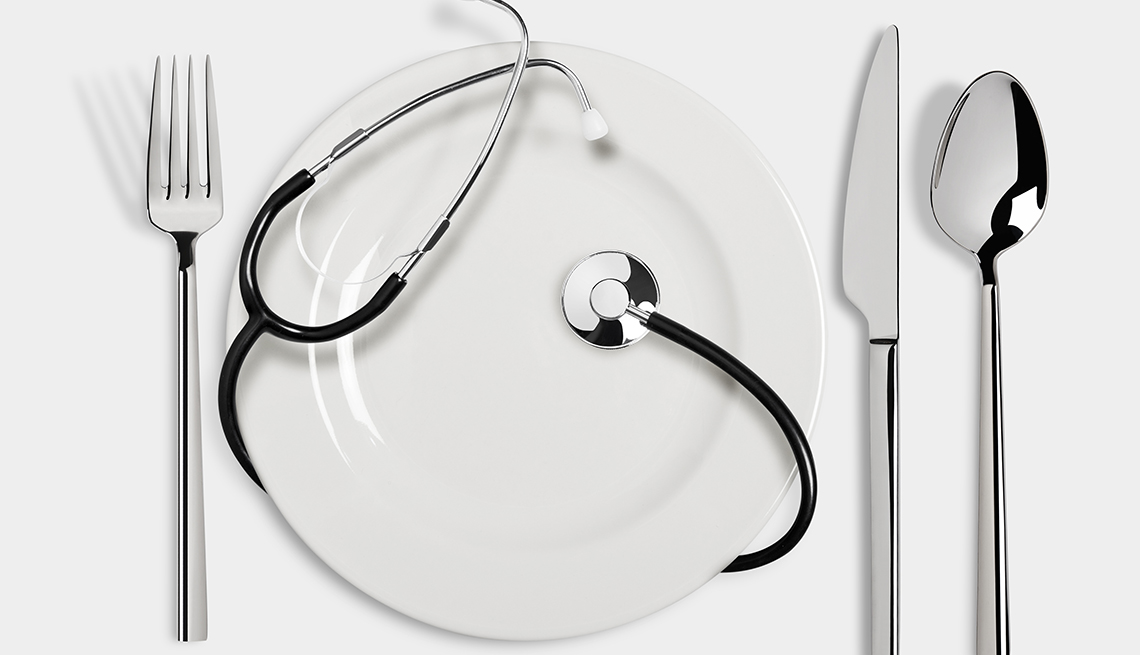


 Before embarking on any hormonal stimulation or assisted conception treatment, you should know that there are a number of studies which have suggested that Fasting Ramadan (a form of Intermittent Fasting Diet) helps the whole body to get ready for conceiving. This is through detoxification, enhancing the quality of sperms in men, and regulating ovulation in women – creating a perfect environment for conception. Fasting sets the scene for the body to get rid of its toxins and balances its hormones while maximizing the liver’s ability to do its cleansing job which allows burning of excess fat and lowering stress levels that also comes with the spirituality of the holy month – all of which could be damaging to human reproduction ability. Also, fasting allows for better control of water levels in the circulation, local blood vessel mechanisms and adjusts prostaglandin levels. It has also therefore been suggested that fasting in general increases fertility in women and boosts their chances of conception.
Before embarking on any hormonal stimulation or assisted conception treatment, you should know that there are a number of studies which have suggested that Fasting Ramadan (a form of Intermittent Fasting Diet) helps the whole body to get ready for conceiving. This is through detoxification, enhancing the quality of sperms in men, and regulating ovulation in women – creating a perfect environment for conception. Fasting sets the scene for the body to get rid of its toxins and balances its hormones while maximizing the liver’s ability to do its cleansing job which allows burning of excess fat and lowering stress levels that also comes with the spirituality of the holy month – all of which could be damaging to human reproduction ability. Also, fasting allows for better control of water levels in the circulation, local blood vessel mechanisms and adjusts prostaglandin levels. It has also therefore been suggested that fasting in general increases fertility in women and boosts their chances of conception.
The effects are also reported in men whereby some studies have suggested that the sperm count may be increased by fasting, which is also claimed to boost their gonadotrophin and testosterone hormonal levels. Leading a healthy lifestyle is vital before proceeding with fertility treatments, couples should focus on food rich in vitamins, minerals, antioxidants, and high fiber products. Overweight women and men should make every effort at losing weight by healthy diet and exercise and if needed, seek dieticians’ help. There is no contraindication to fertility treatments in Ramadan or scientific evidence to suggest any significant effects on the cycle outcome, as simple modifications in the timing of medications and appointments may be all that is required during this time.
 By Dr. Salem El Shawarby MD, FRCOG, CCT (UK)
By Dr. Salem El Shawarby MD, FRCOG, CCT (UK)
Consultant Obstetrics & Gynecology/ Reproductive Endocrinology & Infertility